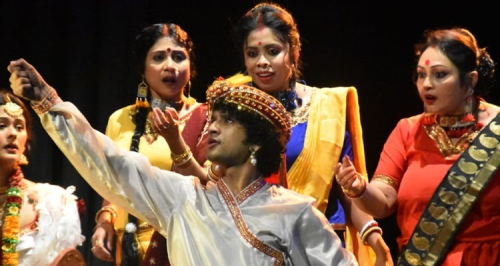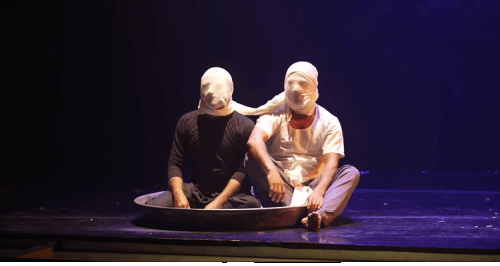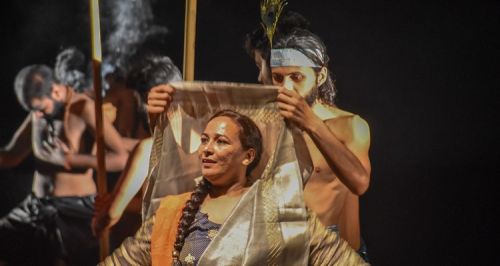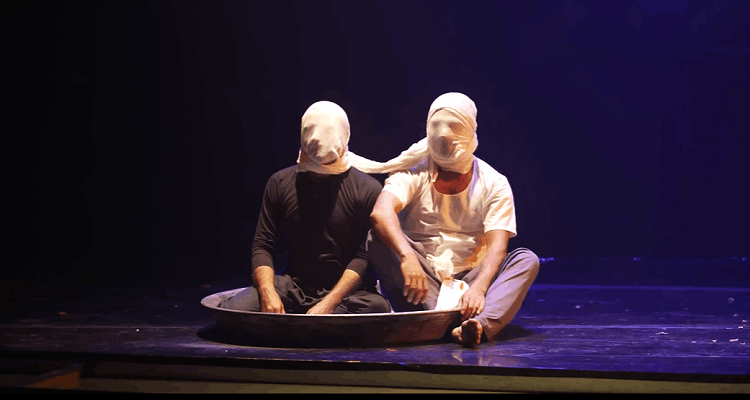Hayavadana – The politics of lust, duality and imperfection
Hayavadana, which literally translates as ‘Horse-face’, is a two-act Kannada play written by Girish Karnad in 1971. Karnad’s rich and layered tale of fantasy, whimsy, wit and poignancy is actually based on Thomas Mann's novella ‘Transposed Heads’, which itself is a retelling of an ancient Indian epic, Br̥hatkathā.
This rendition of Hayavadana, which will be staged at the 19th META (14th - 19th March, New Delhi, https://metawards.com/), is directed by academic, theatre veteran & Padma Shri awardee Neelam Man Singh Chowdhry, and is a vividly contemporary depiction of the modern classic. While Karnad originally used indigenous folk practices like Yakshagana along with Brechtian epic theatre techniques, Chowdhry’s is an altogether different take with earthy nautanki and high-spirited folk traditions. In her play, Punjab’s naqqals, travelling bards, perform to the late BV Karanth’s music, with freshly recast musical patterns, using the saxophone, guitar, trumpets and xylophone. The narrator, Bhagwat, is the chief naqqal who gives the gist and introduction and delineates for audiences the profound philosophical questions the play raises. At its heart, the play is about human imperfection, our constant but elusive search for perfection, and the undeniable duality of human desire.
The play pivots around two close friends – Devdutt and Kapil - who fall in love with the same woman, Padmini. Devdutt marries Padmini while Kapil continues to desire her – Padmini is attracted to both. The two friends behead themselves in a dramatic chain of events, and in her attempt to save them while praying to Goddess Kali, Padmini inadvertently switches their heads! This extraordinary tragicomedy also has a parallel story that is played out simultaneously in which Hayavadana, a man born with the head of a horse, seeks to become human, and a set of dolls come to life and try to understand the essence of human frailty.
Though Chowdhury keeps the original storyline intact, she makes changes to the plot, as according to her, some of the play’s resolutions, especially its denouement, are not in sync with the times we live in now.
To me, Hayavadana is about an essential human predicament – dissatisfaction – in one’s body, in love, and in articulating oneself. The gender dynamics of being in love with two people - or the idea of two people - is very relatable – as is the message which comes through – that an acceptance of imperfection, however uneasy, must also be a part of the human condition. Perhaps you should draw your own conclusions when you watch the play at the upcoming META. Go and book your ticket at https://in.bookmyshow.com/national-capital-region-ncr/plays/mahindra-excellence-in-theatre-awards/ET00388520





Leave a reply